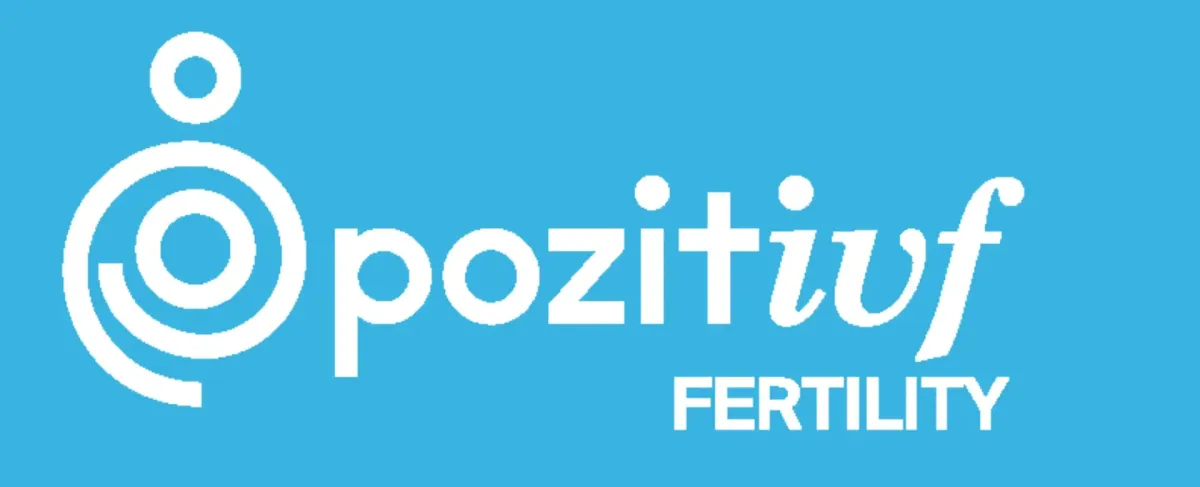
Welcome to Our Blog.
Insights and perspectives on fertility issues
and reproductive justice.

Hope After Loss: Exploring IVF with Preimplantation Genetic Testing for Recurrent Miscarriage
The Path to Successful Pregnancy with IVF After Recurrent Miscarriage
Recurrent miscarriage can be a devastating experience. The emotional toll of repeated loss mixed with the desire to build a family can feel overwhelming. If you've experienced this heartbreak, you're not alone. Thankfully, advancements in fertility treatments offer new hope. In this blog, we'll explore how In Vitro Fertilization (IVF) with Preimplantation Genetic Testing (PGT) can be a powerful tool for achieving a healthy pregnancy after recurrent miscarriage.
What Causes Recurrent Miscarriage
While the exact cause can be elusive, factors like chromosomal abnormalities in the embryo are often identified. In about 50% of cases, pregnancy loss can be attributed to an abnormal number of chromosomes in the embryo. These issues usually occur at conception, but may occasionally be inherited from parents.
The most common uterine abnormality leading to pregnancy loss can be attributed to a septate uterus, in which there is a wall of tissue dividing the uterine cavity. Other uterine abnormalities could include fibroids, polyps, or adhesions.
Hormonal disorders, including uncontrolled diabetes and thyroid disease, could also contribute to recurrent pregnancy loss. Elevated prolactin levels can also contribute because proper hormone levels are needed for a successful pregnancy.
Infections and sperm problems may also cause recurrent pregnancy loss, although these are less well-defined.
Lifestyle factors such as smoking, drug use, caffeine and alcohol intake, toxin exposure, and obesity may also be contributing factors.
How Common is Recurrent Miscarriage
Miscarriage is a common occurrence, affecting roughly 1 in 4 pregnancies. Often, pregnancy loss is random, meaning there is no underlying genetic or reproductive issue. However, experiencing two or more miscarriages is considered recurrent miscarriage or recurrent pregnancy loss. Recurrent pregnancy loss occurs in approximately 1% of reproductive-aged women, according to the American College of Obstetricians and Gynecologists (ACOG).
When to Consult a Fertility Specialist
While miscarriage is a fairly common experience, consulting a fertility specialist is recommended if you are experiencing any of these issues:
Recurrent Miscarriage
If you've experienced two or more consecutive miscarriages, a specialist can investigate potential underlying causes and discuss if IVF with PGT might be a good option for you.
Unexplained Miscarriage
Even after one miscarriage, if the cause remains unclear and you have concerns about future pregnancies, a specialist can provide guidance and explore potential testing options.
Advanced Maternal Age
For women over 35, especially with a history of miscarriage, a consultation with a specialist can help understand their individual fertility picture and explore options like IVF with PGT.
Underlying Medical Conditions
If you have a known medical condition that could be impacting fertility or pregnancy health, a specialist can advise on the best course of action, including recommending IVF with PGT.
How IVF with Preimplantation Genetic Testing Can Help
IVF with Preimplantation Genetic Testing offers a unique approach to pregnancy for those with a history of miscarriage and recurrent miscarriage. Here's how it works:
Controlled Environment for Fertilization
During IVF, eggs are retrieved and fertilized with sperm in a laboratory setting. This controlled environment allows for closer monitoring and manipulation of the fertilization process.
Genetic Testing
After fertilization, a few cells are extracted from healthy embryos. These cells are then analyzed for chromosomal abnormalities using PGT.
Healthy Embryos
Only embryos with a healthy genetic makeup are selected to be transferred back to the uterus, significantly increasing the chances of a successful implantation and a healthy pregnancy.
Benefits of IVF with PGT for Recurrent Miscarriage
Reduced Risk of Miscarriage
By selecting chromosomally normal embryos, PGT effectively minimizes the chance of miscarriage, offering some emotional and physical relief.
Improved Pregnancy Rates
Studies show that IVF with PGT can lead to higher pregnancy success rates for women with a history of recurrent miscarriage.
Informed Decision-Making
PGT provides valuable information about the health of embryos, allowing you and your partner to make informed choices about your pregnancy journey.
Chance of Miscarriage with IVF vs Natural Conception
The rate of miscarriage for people who conceive using IVF with fresh embryos is similar to that of people who conceive naturally — about 15% for pregnant people in their 20s to over 50% for those in their 40s. The rate rises with the pregnant person's age. (Source)
Factors for a Successful Pregnancy Using IVF
The chances of giving birth to a healthy baby after a healthy pregnancy using IVF depend on multiple factors, including:
Maternal Age
The younger you are, the more likely you are to get pregnant and give birth to a healthy baby using your own eggs during IVF. Those 40 and older may want to consider using donor eggs during IVF to boost their chances of success.
Embryo Status
The transfer of more developed embryos is linked with higher pregnancy rates when compared with less-developed embryos.
Reproductive History
People who've given birth before are more likely to be able to get pregnant using IVF than are people who've never given birth. Success rates are lower for people who've already tried IVF multiple times but didn't get pregnant.
Cause of Infertility
Having an average supply of eggs raises your chances of being able to get pregnant using IVF. People who have severe endometriosis may be less likely to get pregnant using IVF than those who have infertility without a clear cause.
Lifestyle Factors
Smoking can lower the chance of success with IVF. Often, people who smoke have fewer eggs retrieved during IVF and may miscarry more often. Obesity also can lower the chances of getting pregnant and having a baby. The use of alcohol, drugs, too much caffeine, and certain medicines also can be harmful.
When Is The Best Time to Try Again after Miscarriage
Miscarriages are devastating and the emotional crippling that can occur for a woman post-miscarriage can potentially impact her ability to get pregnant again. Unless your doctor has told you otherwise, most experts now agree that it’s okay to start trying to get pregnant sooner rather than later after a miscarriage.
Studies showed that the highest fertility rates occur in couples who try again within the first 3 months after miscarriage. In fact, not only are women more likely to get pregnant within the first 3 to 6 months after a miscarriage, but the studies also show women who get pregnant within the first 6 months after a miscarriage are more likely to experience reduced risk of miscarriage and/or preterm birth with the subsequent pregnancy.
However, every person’s situation is different and each miscarriage is unique. If your miscarriage required a dilation and curettage procedure and/or caused any injury or irritation to your uterus, it’s important to wait until your body has healed completely before trying again. For most women, this is a matter of 1 or 2 menstrual cycles.
Explore IVF with Pozitivf Fertility
The decision to pursue IVF is a personal one. While it can be a complex process, it offers renewed hope for those struggling with recurrent miscarriage. By understanding your options and seeking expert guidance, you can take control of your path to parenthood.
If you've experienced recurrent miscarriage and are considering IVF, here are the next steps:
Consult a Pozitivf Fertility Specialist
A Pozitivf Fertility Counselor can help assess your uniqure situation and determine if IVF with PGT may be a good option for you.
Open and Honest Communication
Discuss your medical history, concerns, and expectations with your fertility doctor openly and honestly. Talk with your Pozitivf Fertility care team about any contributing factors that apply to you and how they may affect your chances of a successful pregnancy using IVF.
Emotional Support Network
Building a strong support network of loved ones or support groups can be invaluable during this emotional journey.
Start on Your Pozitivf Fertility Journey to Parenthood
At Pozitivf Fertility in San Antonio, we believe having a family on your terms should not be a privilege for the few. Focusing on the most successful infertility treatment options and operating with complete transparency allows Pozitivf Fertility to provide more access to fertility care to a greater majority of prospective patients. We offer the most proven and effective fertility care treatments including In vitro fertilization (IVF) and INVOcell. Our world-class care team surrounds each patient with compassion, comfortable facilities, and patient-centric technology which helps enhance our success rate.
Schedule an appointment with a Pozitivf Fertility Advocate today.




